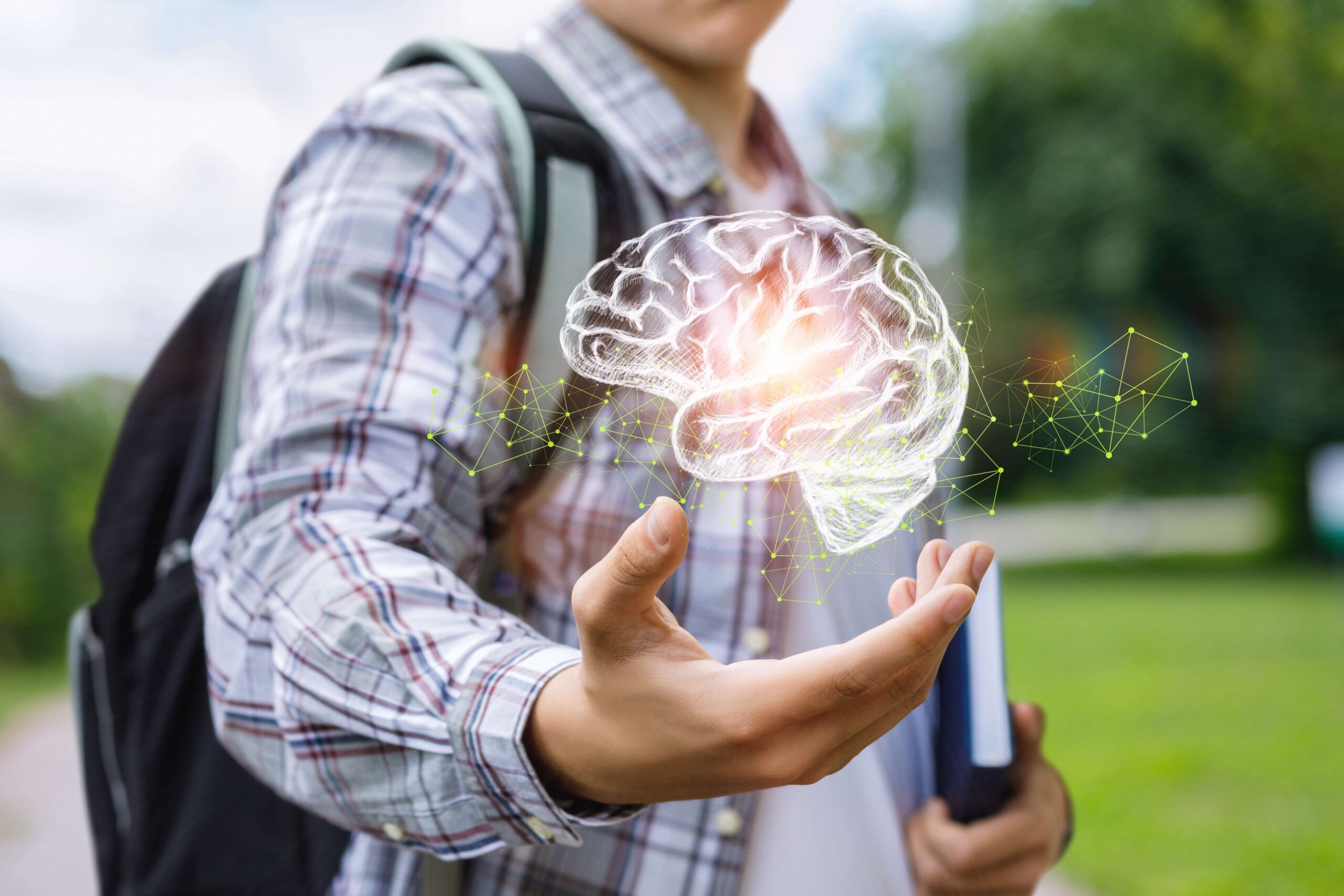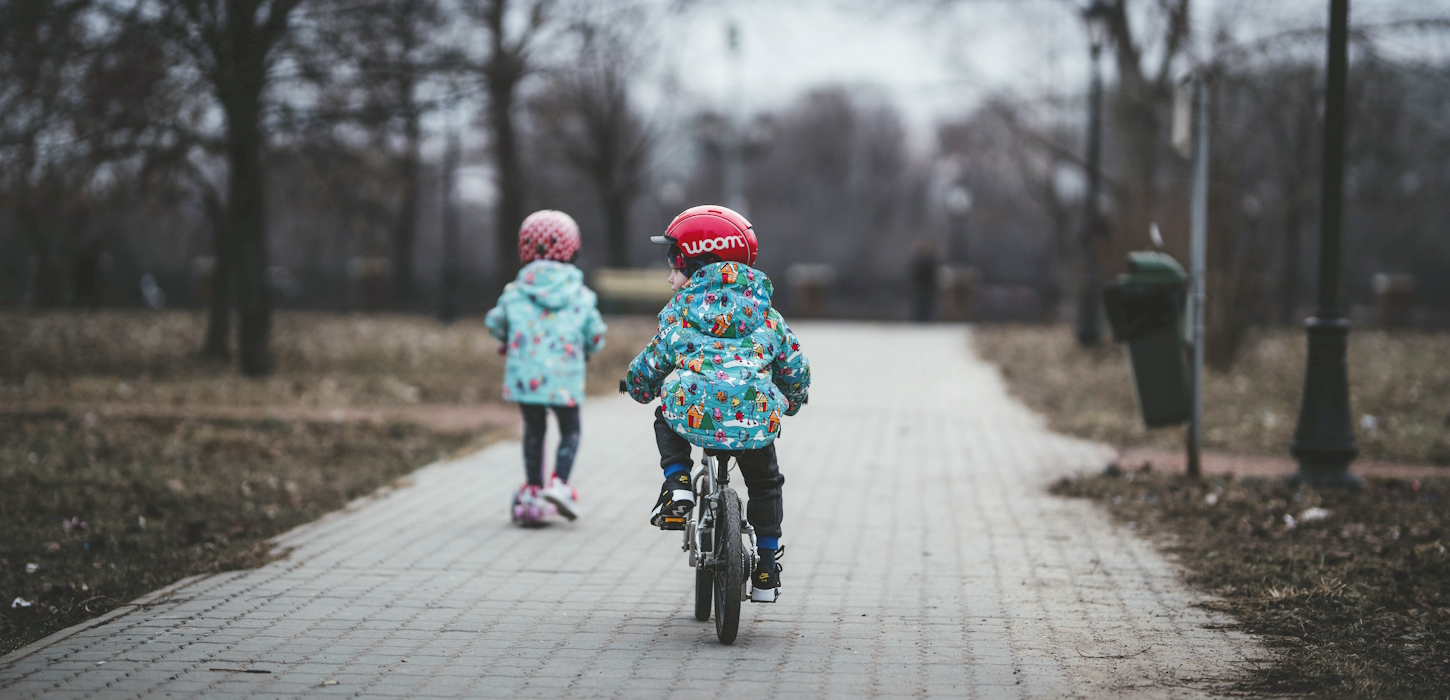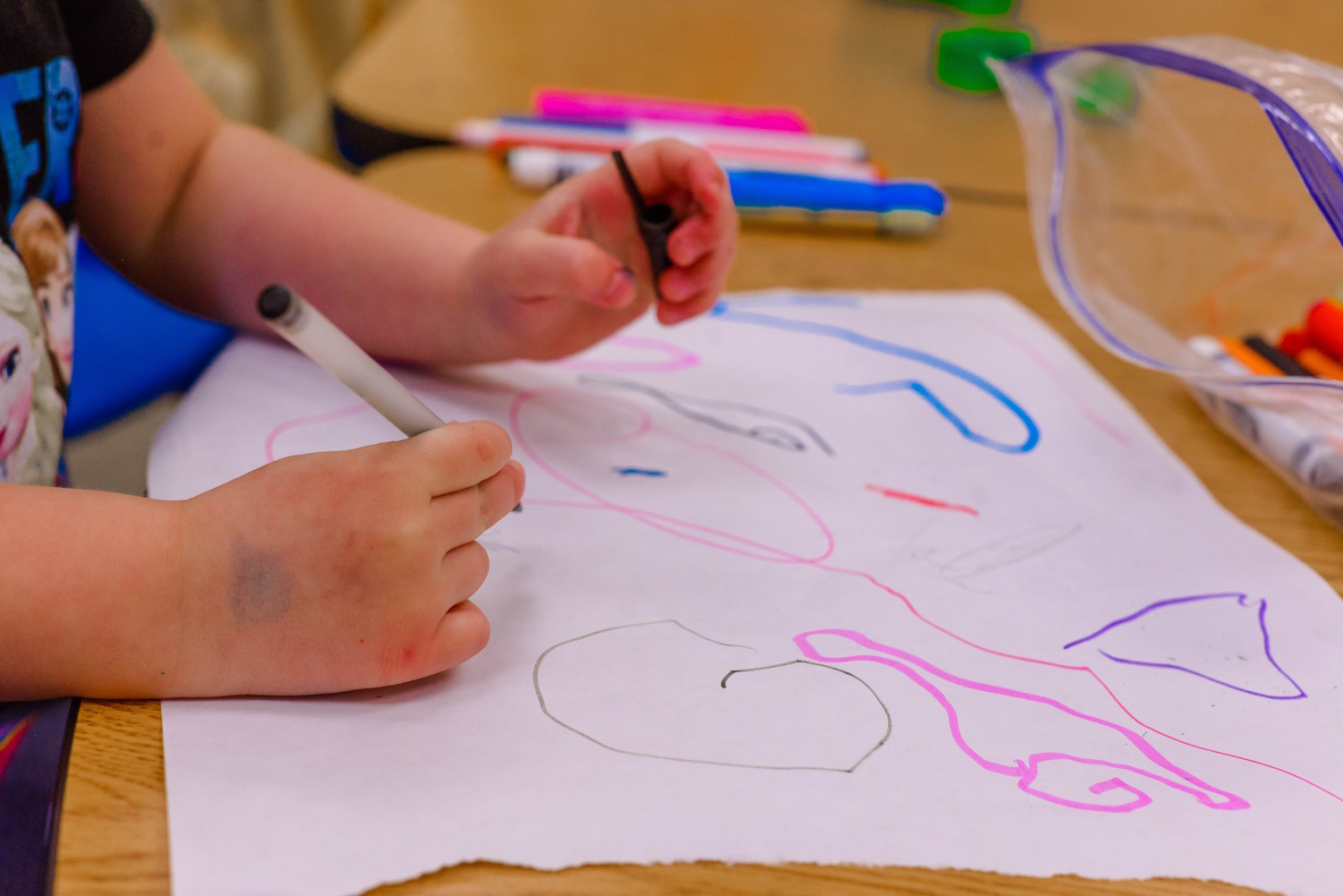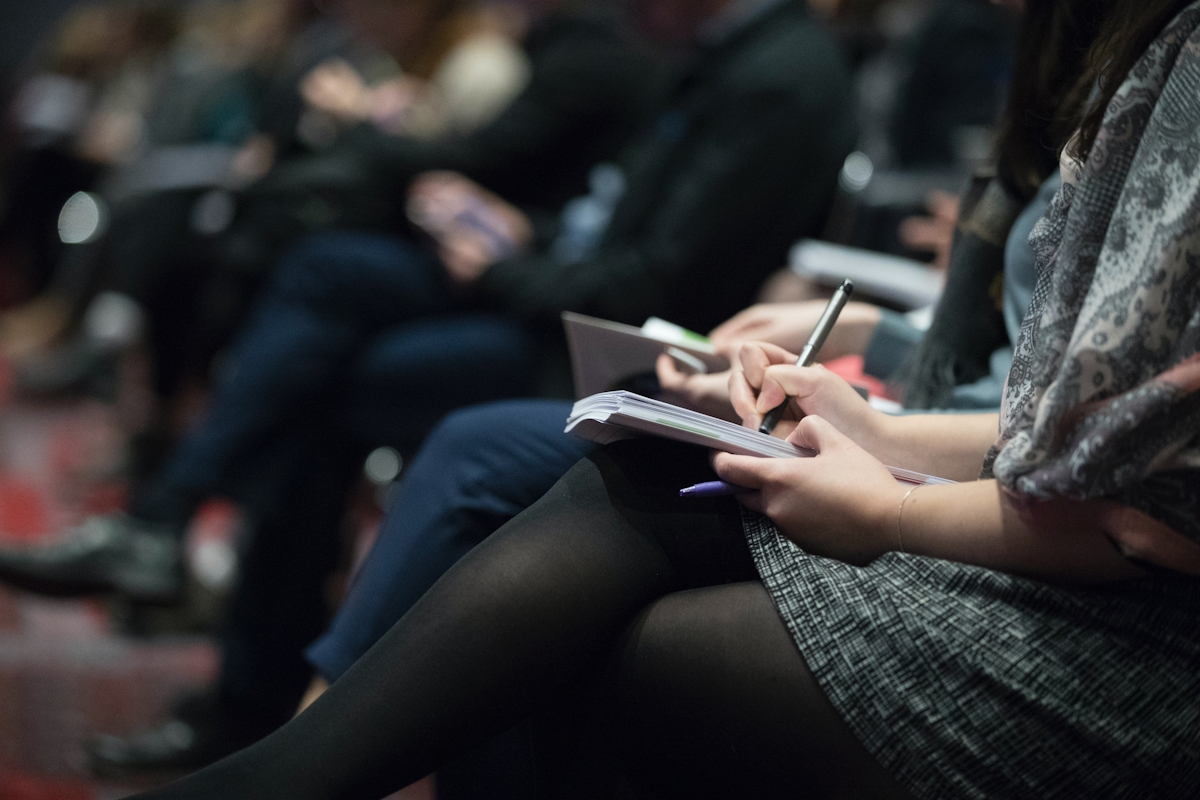
Boys, Girls, Brains, & Behaviour in the Classroom
Articles for the time-poor teacher who just wants…
ANSWERS NOW
Adolescence, often celebrated and equally challenging, is a profound phase in the lives of students. The teen years are marked by incredible changes, both physical and psychological, that have a tremendous impact on the classroom setting. Teens are discovering new cognitive abilities, new social opportunities, heightened sexual awareness, a sense of who they are becoming, and more.
And for teachers, there’s a lot to navigate too: impulsivity, mood swings, risk-taking tendencies, low motivation for learning, and occasional lapses in judgement.
The Classroom Experience
In the classroom, educators work with students whose cognitive development is in full swing. Adolescents have entered the stage of formal operational thinking, a phase that equips them with the ability to think abstractly and hypothetically. They can contemplate complex scenarios, engage in deductive reasoning, and explore a world of possibilities. Their minds are now equipped to handle abstract and nuanced ideas, often leading to unique insights and a curiosity to explore the uncharted.
However, it’s important to note that while their cognitive abilities are expanding, the prefrontal cortex is still undergoing development. It is wildly inefficient, particularly when the emotional brain is running hot.
This means that some teenagers may encounter challenges in making wise decisions – that is, they do and say dumb things. This is usually exacerbated by the presence of peers.
Social Development in the Classroom
Once adolescence hits, classmates become role models to emulate, and their friends’ opinions hold considerable weight. Friendships in the classroom become deeper and more meaningful, often founded on shared values and experiences.
Compared with adults, teenagers who are around their friends (or who simply have an audience) are more likely to:
- Take risks,
- Have reduced risk perception and reasoning,
- Be acutely sensitive to social exclusion, and
- Show a lack of consideration to other people’s perspective in decision making.
They think they’re the centre of the world and that everyone is watching them! Adults are relatively unimpacted by having peers around them in each of these conditions, but teens… wow.
What does this mean – in practical terms – for educators?
It means that teens can be completely sensible and adult-like when they’re on their own or with adults. But when they’re with friends and peers, their filter is removed. In these circumstances, many teens follow the crowd, push for popularity by doing outlandish (and often unsafe) things, and fail to consider how others might feel about their actions, which can lead to trouble-makers in the classroom.
One more thing… data shows a reduction in empathy for adolescent boys as they enter adolescence.
Below is a summary of all the major developmental milestone for adolescence.
Milestones in the Classroom
Cognitive Development
- Formal operational thinking means that teens can think about abstract and hypothetical situations and can develop ideas creatively.
- Risk taking is heightened as the promise of reward is more salient than the perils of pain, and when combined with the emotional and social changes a teen is going through, their “hot” emotional states can lead to impulsive, sensation-seeking behaviours that may be unsafe, unhealthy, and unwise. (Research shows the average 24-year-old male has the same sensation-seeking proclivities as a 10-year-old female! Boys take a long time to mature through the risky behaviour phase.)
Identity Development
- Students develop a sense of identity and make big leaps in moral and ethical reasoning. As they resolve their identity “crisis” through exploration, they tend to experience greater confidence and resilience, but going through the identity resolution process (or failing to finalise it) can be associated with less optimal outcomes.
Physical Development
- By the end of their teens, students are fully sexually and reproductively mature, and they’re also physically “adult” mature.
Emotional Development
- Emotions become unstable during puberty, partly due to hormonal changes and partly due to neurological changes. This, along with the desire for personal autonomy, increases at-home conflict, but emotions typically stabilise by the end of the teen years.
- Empathy drops for boys at adolescence onset, and increases slowly through to their mid-twenties.
Social Development
- The classroom serves as a platform for students to interact with peers, form deep friendships, and explore romantic relationships.
- Peers, not parents, become the focus of a teenager’s life. They look to them (friends and those they follow on social media) as models to follow, and exemplars of how to act.
- Same-sex friendships expand to include many more opposite-sex relationships.
- Maintaining status in groups of friends requires high levels of conformity and fealty, but as high school ends and adolescence is concluded those groups tend to deteriorate and dating/couplehood become primary.
Guidance for Educators
As educators working with teenagers, you hold a profound influence on their development. Here’s a comprehensive guide to effective teaching during this critical period:
1. Stay Engaged
Education is all about connection and relationship. Without connection, it doesn’t matter what you’re trying to teach. They just don’t care. With connection, it doesn’t matter what you’re trying to teach. They know you care, and so they’ll listen. So what’s connection? Feeling seen, heard, and valued. When they trust you (because you’ve got their back), they’ll love learning from you.
You can still be “just a maths teacher”. You don’t have to know what the kids did on the weekend. They simply need to see you connect with them about the stuff that matters. When they know you care about your subject and about them, things usually (note… usually) go better.
Regardless of a teacher’s best efforts, many students will say that school can be boring. When students know the relevance of a topic to their life, purpose increases motivation. It won’t work for everyone, but sometimes that’s enough to engage an otherwise distractable teen.
2. Encourage Open Communication
Invite students into discussions in the classroom and encourage them to express their thoughts and ideas. Create a psychologically safe environment where their voices are not just heard, but respected. They want to feel competent and capable. Having a voice is one way they can do this.
3. Set Expectations
It’s crucial that students understand the behavioural expectations and standards in the classroom. Clarity on what is considered respectful and responsible behaviour can help create a conducive learning environment.
4. Guided Discussions
Engage students in hypothetical scenarios and ethical dilemmas. This approach can help them develop their values and moral compass, encouraging thoughtful reflection and consideration of various perspectives.
5. Monitor Classroom Dynamics
Peers never feel as important as they do in teenage years, an age when kids are highly self-conscious. It’s also an age where there is a high level of feedback, often negative, from peers. (I’m sure that if adults in the workplace had to hear on the daily the negative peer feedback that teenagers do, it would be classified as workplace bullying). Therefore while monitoring classroom dynamics, it’s never a bad thing to remind kids to be kind to each other. It might also help to let them know that after primary school, popularity does not always equal being liked. The popular kids are often the most disliked kids.
6. Foster Autonomy
Support students in their journey toward greater independence and critical thinking. Encourage them to make informed choices and decisions. Empower them to explore their individuality while offering guidance when necessary.
Supporting their needs to have solid connections and trusting relationships, develop competence and capability, and have a voice points you to positive classroom experiences with teens.
BOOK DR JUSTIN
Want more help with gender myths, truths, and behaviour in the classroom?
Get in touch with Caroline about having Dr Justin present his keynote, Boys, Girls, Brains & Behaviour, to your staff in 2024.



